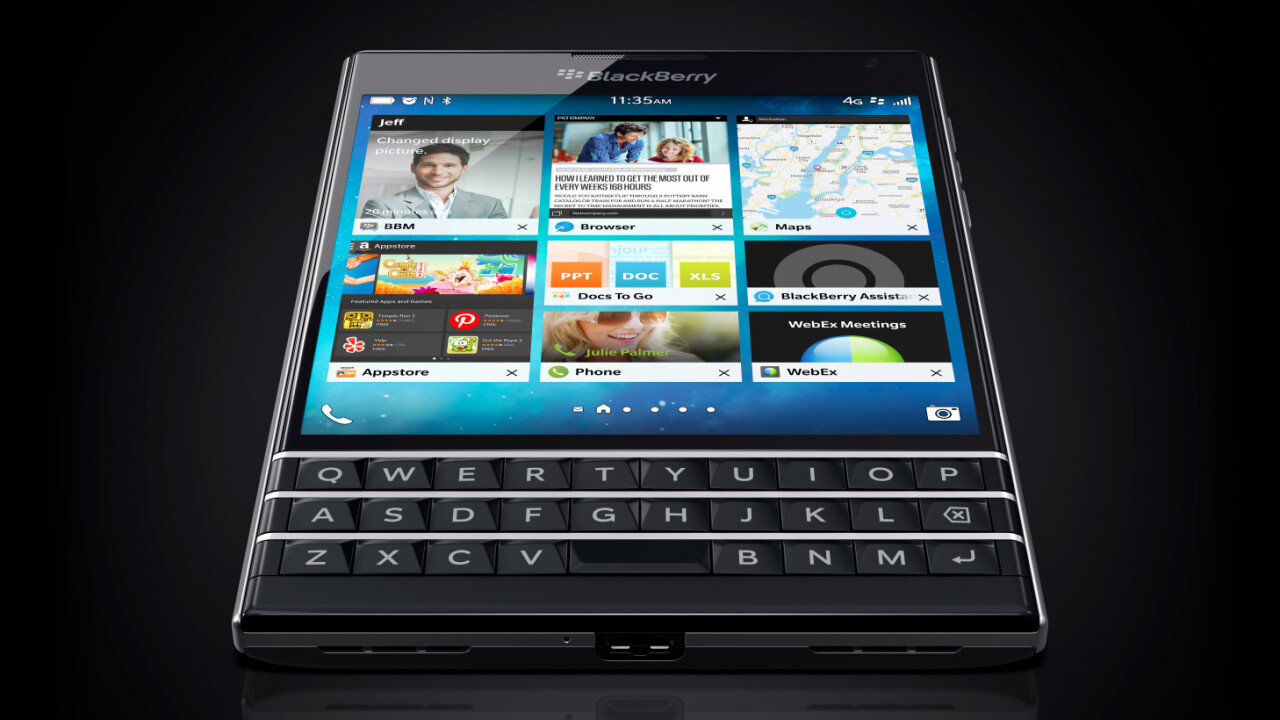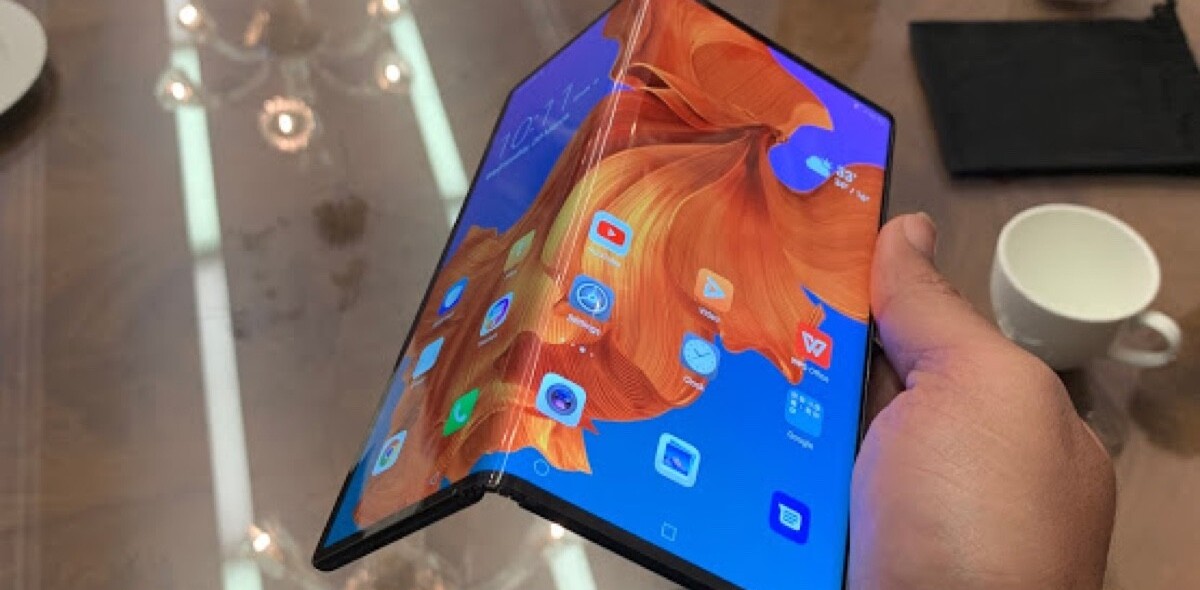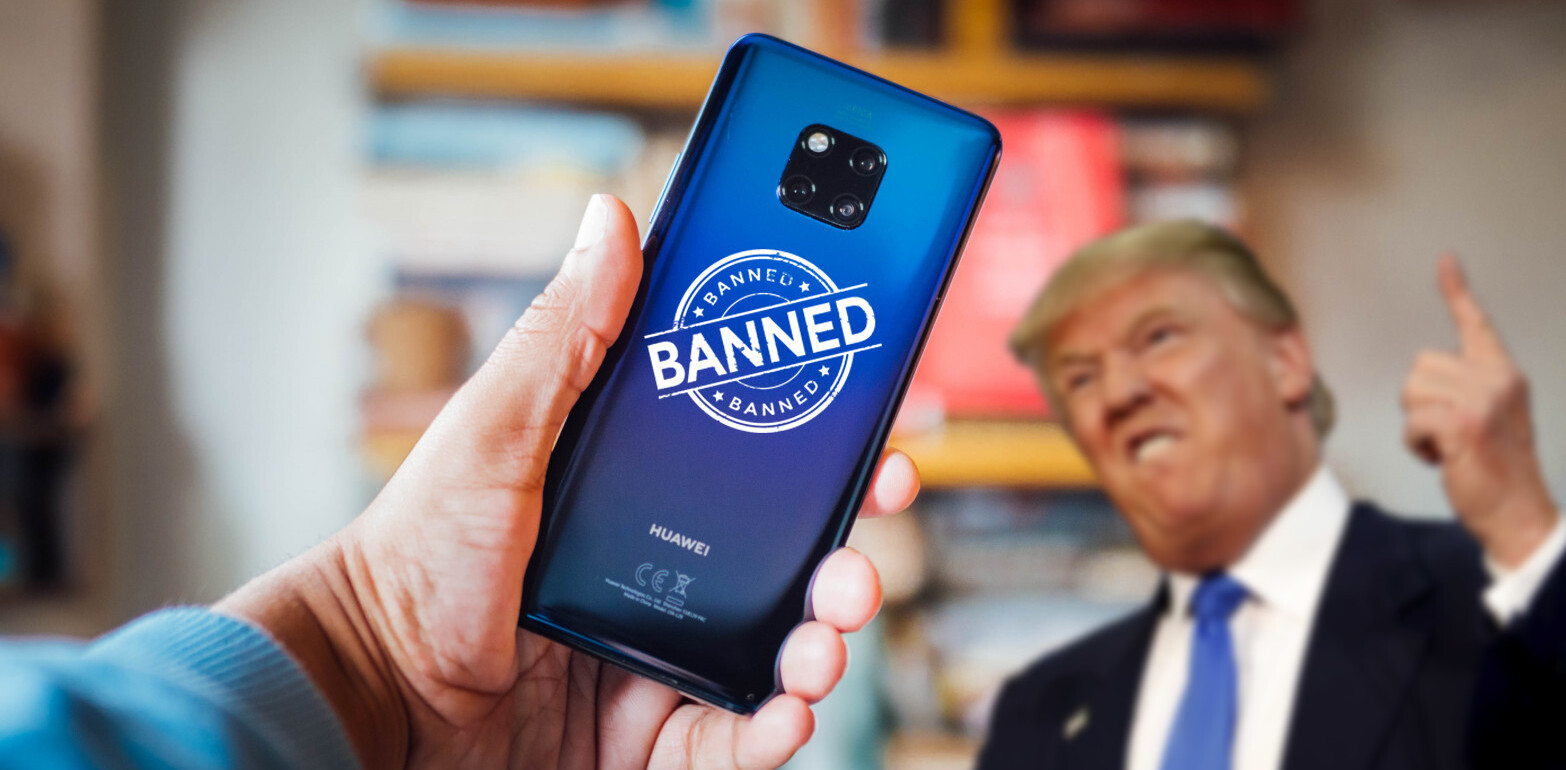
Last week, a Vice News report revealed that Canadian police had access to a master encryption key in its investigation that allowed it to intercept over 1 million messages sent using BlackBerry Messenger between 2010 and 2012.
It wasn’t clear as how the key was obtained and whether BlackBerry handed it over to Canadian law enforcement to assist in a 2011 murder case involving a Montreal crime organization.
Today, BlackBerry CEO John Chen confirmed that the company had cooperated with the Royal Canadian Mounted Police (RCMP) but didn’t specify whether it had shared an encryption key.
“We have long been clear in our stance that tech companies as good corporate citizens should comply with reasonable lawful access requests,” Chen said in a blog post.
He added, “This very belief was put to the test in an old case that recently resurfaced in the news, which speculated on and challenged BlackBerry’s corporate and ethical principles. In the end, the case resulted in a major criminal organization being dismantled. Regarding BlackBerry’s assistance, I can reaffirm that we stood by our lawful access principles.”
BlackBerry’s stance on sharing access to users’ private data with governments contrasts sharply with Apple’s position on the matter. Recently, the iPhone maker refused to assist the US Department of Justice in unlocking a handset believed to be owned by the terrorist involved in the San Bernardino attacks.
BlackBerry is by no means the first to help law enforcement this way, but it’s troubling to hear Chen justify tactics to snoop on private communication without informing the public of the company’s actions.
It’s also worth noting that BlackBerry shut down its operations in Pakistan last November, after its government demanded access to the company’s servers. It isn’t quite the same as the Montreal murder case, but the fact that a single firm has had to react so differently in these two scenarios should give you a sense of just how convoluted the encryption debate can get.
Get the TNW newsletter
Get the most important tech news in your inbox each week.



